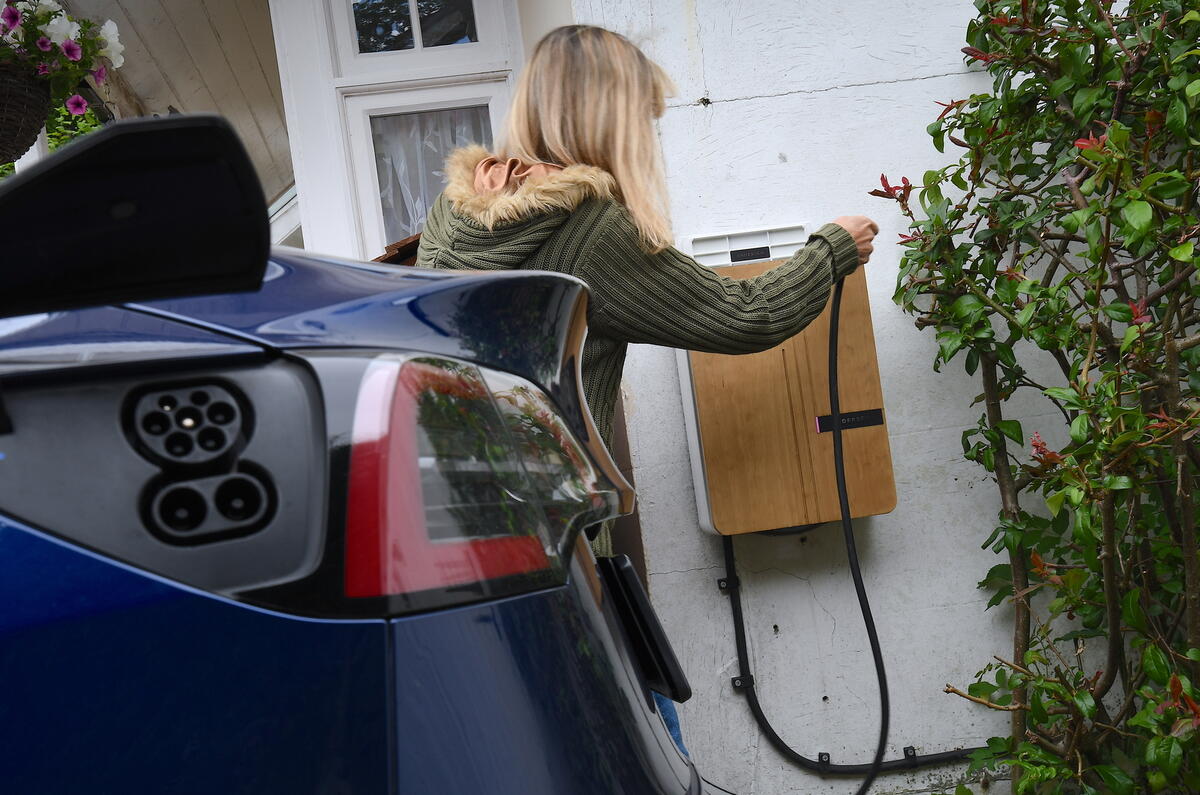Fleets need clearer guidelines for repaying EV drivers’ mileage expenses, experts have warned, claiming that recent changes still don’t reflect what can be a 50-fold price gap between home and public charging.
His Majesty's Revenue and Customs (HMRC) publishes approved per-mile rates every quarter for drivers to claim back the cost of fuel or electricity used for business journeys.
Petrol and diesel vehicles (including hybrids) have three rates each, based on engine capacity, while a separate Advisory Electric Rate (AER) was introduced in 2018 and applies to all EVs, regardless of their size or where they’re plugged in.
A higher per-mile rate for public charging was introduced on 1 September, following criticisms that the single-tier system wasn’t covering EV drivers’ costs.
Guidance issued on 6 October advised fleets to make a “fair and reasonable” calculation about how much of the journey used energy from home and public chargers, then reimburse drivers for each share at the respective rate – 8p or 14p per mile respectively.
Tom Rowlands, managing director of global EV solutions at expenses specialist Corpay, told Autocar that the dual-rate system was a “step forward” but drivers were paying up to 50 times more for the most expensive public networks compared with the cheapest home tariffs.
Recent Corpay analysis showed the 8p/mile AER would cover the cost of charging an executive-class electric car at home on a flat-rate energy tariff, but if the same car were charged on a tariff with cheaper off-peak rates, the employer could be paying £1600 to reimburse 20,000 miles that had cost the driver only £500. Using only public networks, the same EV would cost £4320 to fuel over the same distance, with the driver able to claim back only £2800 using the HMRC-approved rates.
“Electricity pricing is volatile and far more dependent on individual behaviour than petrol or diesel,” said Rowlands. “Even with two tiers, a flat rate is still unsophisticated. It doesn’t account for the wide range of tariffs or real-world charging behaviour, which means it can feel unfair without solid data to back up how it’s applied.”
Fleets can set their own per-mile rates, but Deloitte UK’s automotive tax director, Simon Down, said it’s on employers to prove this isn’t extra income or drivers effectively subsidising their profits – both of which would affect their tax bill.
“Employers will need evidence to prove the expense payments made do not exceed the cost incurred by employees," he explained. "This will need proof of electricity spend from all charging locations, as well as records of business and private mileage to calculate and evidence the costs for business journeys.
“If an employer cannot prove their payments were fair and reasonable, this could be open to challenge by HMRC that there is an income tax and national insurance reporting failure. Such a failure could lead to costs and penalties, as well as increased scrutiny from the authorities.”
Rowlands added that Corpay customers are looking at robust ways of setting their own rates and the company is helping to provide the data they need to get buy-in from drivers and financial departments.






Join the debate
Add your comment
Guidance issued on 6 October advised fleets to make a “fair and reasonable” calculation about how much of the journey used energy from home and public chargers, then reimburse drivers for each share at the respective rate – 8p or 14p per mile respectively.
Speed stars game